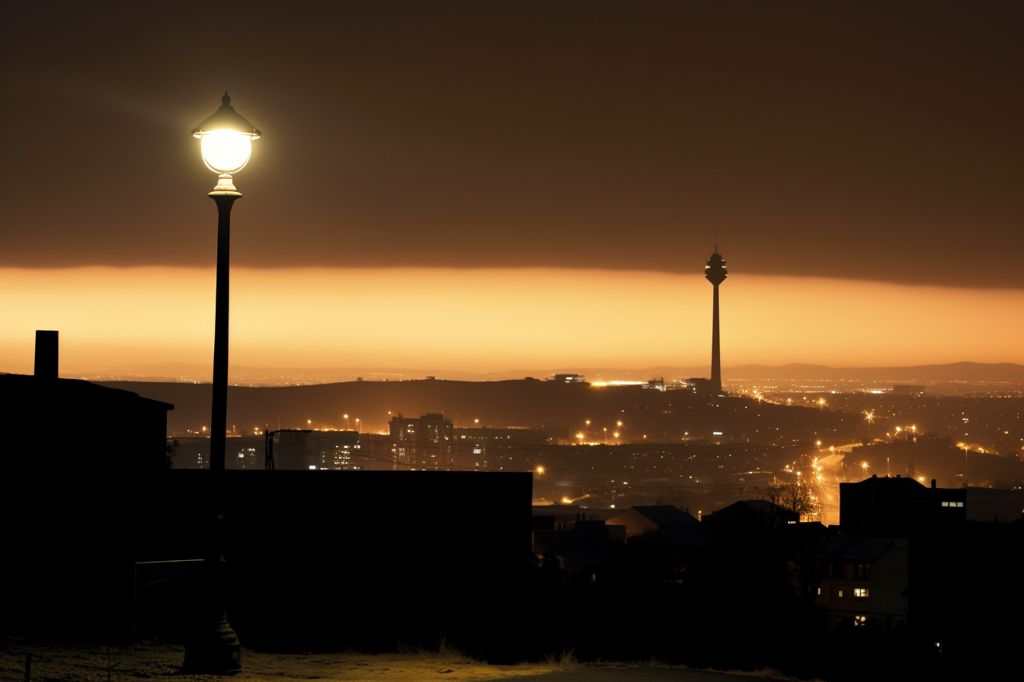The City of Cape Town has announced its plans to construct a new overnight shelter for homeless individuals in Green Point to house 300 people by the end of this year. The “Safe Space” project received full support from the Green Point Ratepayers and Residents Association (GPRRA).
Importance of Overnight Shelters for the Homeless
Elizabeth Knight, GPRRA’s chair of the human environment committee, emphasized the significance of overnight shelters in aiding people off the streets. She encouraged residents to consider the needs of the homeless community and focus on the benefits of Safe Spaces. The GPRRA is also working closely with other representatives in the area to ensure the shelter’s successful integration into the community.
Recommendations for Safe Spaces
During the public comment period, GPRRA submitted its recommendations for the project, emphasizing the significance of the Safe Space model’s psychosocial services and job creation. Recognizing that shelters are only short-term solutions, the GPRRA has observed personal development in individuals who have been effectively assisted to leave the streets.
Community Support for Safe Spaces
The De Waterkant Civic Association (DWCA) also supported the initiative. In addition, local business owners like Alvin Hirner and Zaid Meyer also favor the new overnight shelter, emphasizing the need to address homelessness in the area and provide shelter and food to those living on the streets.
Concerns Raised by Homeless Action Coalition
The Homeless Action Coalition chairperson Ndodana Hadebe raised concerns about managing Safe Spaces, noting the lack of provisions for families and children. Hadebe suggested that families should have a designated section within the facility. Additionally, he pointed out the limits on stays and the daily exit requirements, arguing that these restrictions hinder the reintegration of individuals into society.
Temporary Resources for Regaining Stability
Patricia van der Ross, Mayco member for Community Services and Health, announced the formation of a working committee to review comments after the deadline. Van der Ross also disclosed plans to repurpose municipally owned properties in Bellville, Muizenberg, and Durbanville for Safe Spaces in the coming months. The City of Cape Town has increased financing for the Safe Space program by 62%, allocating R77 million this year and R230 million over the next three years. This investment demonstrates the dedication to addressing homelessness and providing individuals with the resources they need to regain stability and reintegrate into society.












